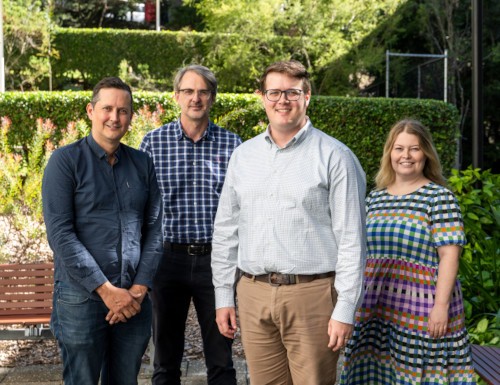Industry News
QUT Study Investigates Impact of Lifestyle on Children’s Vision
 A new Queensland University of Technology (QUT) study investigating how lifestyle and environmental factors affect children’s eyesight and the development of myopia has recently begun in Brisbane.
A new Queensland University of Technology (QUT) study investigating how lifestyle and environmental factors affect children’s eyesight and the development of myopia has recently begun in Brisbane.
Led by QUT optometry researcher Dr Rohan Hughes, the project is backed by a USD$250,000 Meta Myopia Award from the American Academy of Optometry Foundation. The research will track more than 100 children aged six to 12 over the course of a year to monitor eye growth and vision changes.
The study will examine how factors such as screen time, reading habits, outdoor play, diet, and sleep contribute to the progression of myopia, also known as short-sightedness. Researchers will use wearable sensors, questionnaires, and regular eye scans to collect data and assess changes over time.
Dr Hughes said the project would focus on ‘pre-myopic’ children who were identified as particularly at risk of developing myopia, due to their current eyesight, age and/or hereditary risk factors. He said rates of myopia had increased steadily around the world over the last 20 years. Dr Hughes said researchers already thought modern lifestyle factors were big contributors to the development of myopia. “This study will comprehensively quantify many ocular, environmental, and lifestyle characteristics that have been shown to be associated with myopia development, and explore their association with eye growth and refractive error change in children with pre-myopia. We hope this project will provide insights that can contribute to strategies to delay or prevent myopia development in children”, he said.
Participant recruitment is underway through partnerships with local schools and optometrists.
The research will be conducted through the Contact Lens and Visual Optics Laboratory (CLVOL) within the QUT Centre for Vision and Eye Research, with recruitment planned to commence later in 2025.



